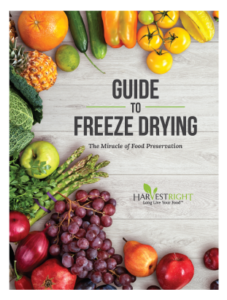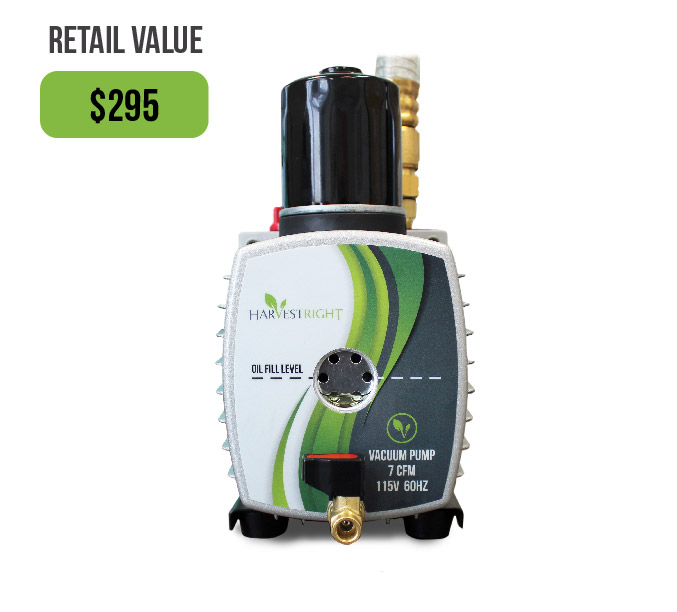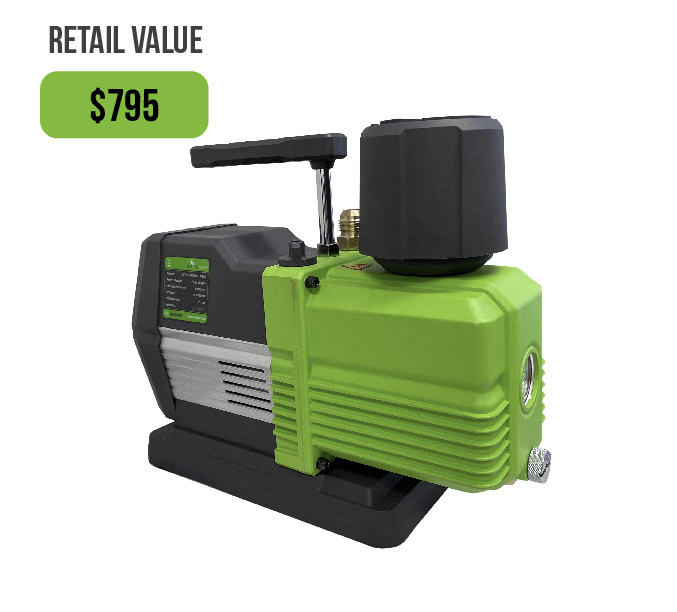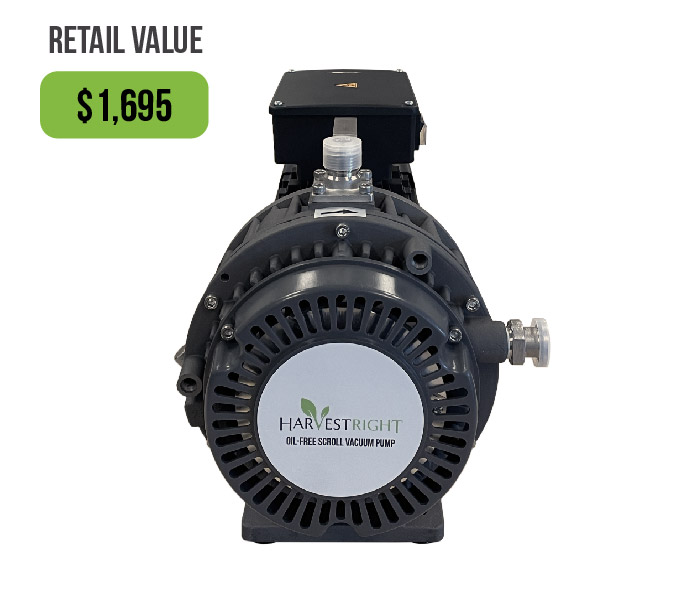As sales of Harvest Right Freeze Dryers skyrocket, many of the owners are using their machines to counteract the economic impact of Covid-related shutdowns and layoffs. Purchasing a freeze dryer isn’t like buying a dehydrator. This is a serious investment, and there are many ways to use the machine to pay for itself.
While many purchase a freeze dryer to put food away for later use, others see a niche market for items that lend well to freeze drying. However, our customers are at the mercy of their state cottage industry laws.
These laws vary by state, with some being quite strict and others more lenient. For instance, Delaware, Idaho, Kentucky, New Jersey, and West Virginia do not allow cottage industry at all. New Jersey is working to change their restrictions. Other states (like California, Maine, and Ohio) go so far as to allow indirect sales, meaning that your home-produced items can be sold to second party sellers, such as restaurants and shops. Most fall somewhere in the middle, with restrictions on where the items can be sold, what can be sold, and how it can be sold.
Sales of freeze dryers in 2020 more than doubled the 2018 numbers and the growth in the industry warrants requests to each state to revisit the laws regarding allowed items. There are now nearly 100k freeze dryers in the United States (and all over the world). Harvest Right, which used to only sell direct to consumer, is now being carried in stores across the country. Sales are growing exponentially.
If your state does not currently have an awareness of these incredible machines and what they do, then ask them to do due diligence and review the laws as they would apply to freeze-dried foods. As more of us come forward to request revisions, they will see the need for clarification. There are thousands of these machines in nearly every state and they are not going away. This is an industry that will need to be addressed, just as canning and dehydrating became popular and many families supplemented their incomes with home-made foods.
Freeze-dried foods do not spoil. In fact, they are 97 to 99 percent nutritionally intact up to 25 years later. These foods are moisture free. Freeze-dried foods will require a new set of guidelines that work with the qualities of these foods. It is time to take a serious look at the capability of these machines and redefine the laws around them.
There are social media groups for businesses sprouting up around freeze-dried foods, whether they are for candies, hiking and camping foods, specialty items for people with sensory disorders (the crunch of freeze-dried foods appeals to many who struggle with food textures), or even pet foods and treats. Etsy and other sales groups are well-populated with freeze-dried foods. It is time to bring these foods and these machines into the cottage business. Encourage your state to investigate the possibilities.





Your article is incorrect with regards to Idaho not allowing any cottage industry. This is absolutely wrong: https://cdhd.idaho.gov/pdfs/food/IDAHO%20COTTAGE%20FOOD%20FACT%20SHEET.pdf Idaho also has favorable small dairy laws and allow raw milk sales, including products made from raw milk and processed with minimal oversight. This means freeze-drying home dairy products is also able to be done legally with very little “red tape.” I’ve gone through the process … it’s easy and the people at the state are great to work with. I also know many people engaged in cottage food production without problem.
Great, mindy! We’re planning on buying property in Idaho and I want a freeze-dryer, too, accompanied by produce from many orchards and gardens-to-be. They must be compatible! Thanks for straightening things out!
Mindy,
Do freeze dried foods fall under Idaho’s cottage laws? I have been searching all over to find this information and nothing comes up about freeze drying.
Thanks!
I work for the city of CDA and Panhandle Health (PH) has confirmed that the state does allow for cottage industry type food baking/sales in North Idaho. I assume this is everywhere since 2016: https://www.capitalpress.com/state/idaho/idaho-lawmakers-approve-new-rule-on-cottage-foods/article_b4f7e04f-af86-52d1-9e01-db3883feb8cf.html
This means food items that do not require holding temps for safety and that are shelf stable, etc. are allowed to be produced in the home and sold locally. As a city planner I have had some lengthy conversations with constituents and the limits of commercial kitchens in residential zoning districts. Suffice it to say that commercial kitchens are indeed commercial and need to be located in commercial districts… however, many types of food that are shelf stable such as baked goods, jams, etc., are indeed allowed to be produced in a residential home and sold to businesses and at farmer’s markets! I personally hate to limit how people use their personal residences, but there are people that will cook 24/7, stink out the neighborhood (I love cupcakes but smelling them always and forever gets old) and cause a ruckus until code enforcement gets notified. So, limits are imposed through performance standards (odor, noise, glare, etc). I always tell people to not irritate the neighbors and as long as the health district is happy there will never be a problem.
Suffice it to say that this post is made off-hours and not a reflection of my employer.
I love to see people be self-reliant and entrepreneurial. I just purchased a freeze dryer and intend to be as prepared as possible for the future. Hopefully I can get my kids into it and pick it up and make a summertime business out of it. I will call PH this next week and clarify the limitations assuming I can get a straight answer.
Looking forward to my freeze dryer delivery so we can get started!
Thank you so much for your insight. Please keep us posted when you learn more. I, too, live in CDA and am interested in using my freeze dryer to make dogs treats (freeze dried liver, chicken, etc) but am concerned it may not be allowed?
I agree on the error on cottage food laws, in Kentucky, we are permitted to have a cottage food business and specifically permitted freeze dried food.
https://chfs.ky.gov/agencies/dph/dphps/fsb/FSDocs/hbpupdates.pdf
I recommend researching your state personally as these laws are changing frequently as citizens are lobbying for better laws. Another source is forrager.com where he tries to keep up to date on all state laws.